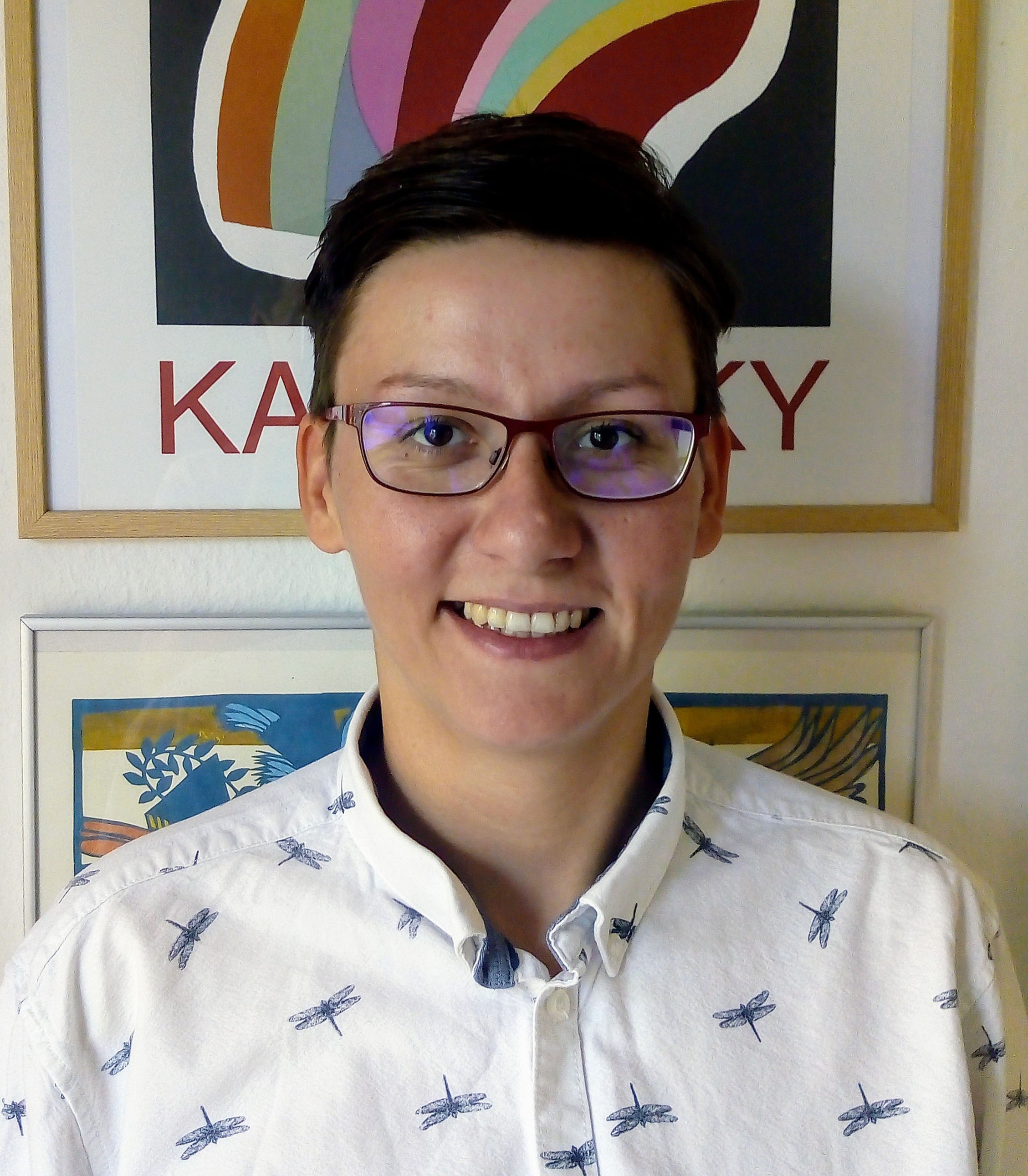CEH Welcomes Visiting Scholar Ivana Bičak
Ivana is researching early modern animal experimentation and the dawn of bioethics

The Centre for Environmental Humanities is pleased to introduce Ivana Bi?ak, Junior Research Fellow from Durham University, who will be with us until the end of September.
Ivana brings a unique perspective to the environmental humanities, mixing science and poetry and looking at what might be termed the dawn of bioethics. With a background in literary studies and Neo Latin studies, Ivana first encountered scientific poetry during her PhD studies at Leeds on the reception of Roman verse satire in 18th century English literature. This chance encounter led her to her current project on the 17th century boom of animal experimentation and the ways people dealt with this in literature, especially in satire.
“My research is about a blind spot. I’m dealing with an area that is avoided by historians of science because it’s not scientific enough, but also by literary scholars because it’s too scientific,” she explains. Furthermore, the early modern period is often ignored by scholars in the environmental humanities, who tend not to venture further back than the 19th century.
The 17th century saw the establishment of the Anatomy House of Copenhagen and similar institutions elsewhere in Europe. Here, animals would be publicly dissected, vivisected and subjected to a range of experiments: injected with or fed various substances, some poisonous, used for inter-species blood transfusions, deliberately injured so humans could observe the healing process, or simply taken apart to be studied, as one might remove the casing of a watch to observe the clockwork. This was the basis, for instance, of Thomas Bartholin’s discovery of the lymphatic system.
At the same time, the people who heard of, witnessed or even performed these experiments wrote poetry about them, often from the animal’s perspective and often quite critical of the things done to the animals. These are the texts Ivana will be looking at for her research to see how people at the time dealt with the ethical questions of vivisection and animal experimentation.
“This is a good topic for public engagement in the environmental humanities because they can see how much the public engaged with these issues at the time,” Ivana says. “Back then, it was a public spectacle whereas it now happens behind closed doors, but we are having similar conversations.” Overall, Ivana’s work contributes to broad discussions about human-animal relations and bioethics that are central to the growing interdisciplinary fields that CEH seeks to foster.
Ivana’s time here will be spent working on a book on this topic, as well as an article on the Danish source material she has found. You can learn more about her research at her CEH lunch talk on September 10.
